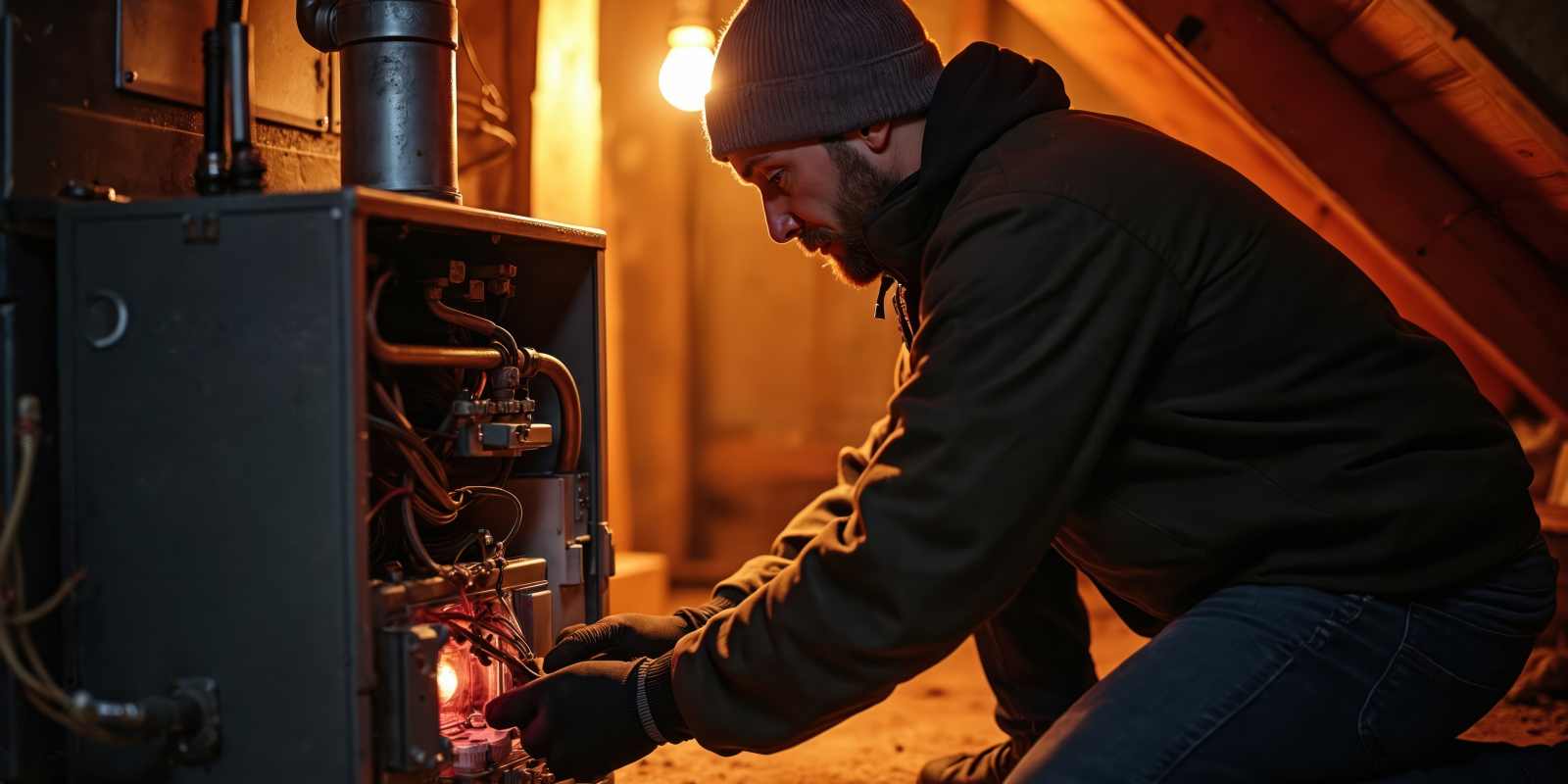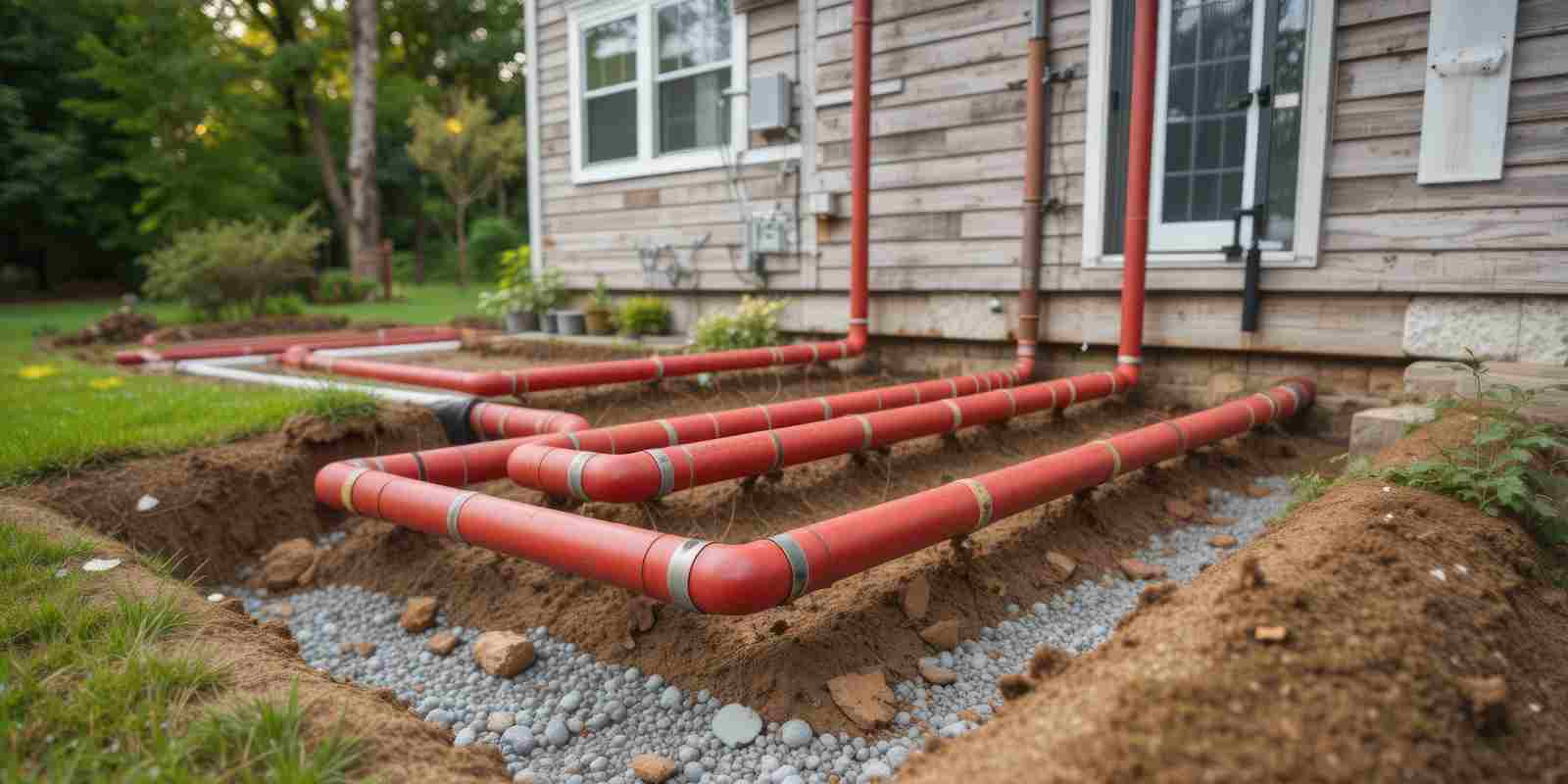
As the temperature drops and windows remain shut, indoor air quality becomes a top priority for many households. Good indoor air quality can help you avoid respiratory discomfort, allergies, and the seasonal sniffles that often accompany colder weather. In this ultimate guide, we’ll explore how your HVAC system contributes to maintaining a healthy home, how to keep it in top shape, and additional steps you can take, like using air purifiers and humidifiers, to improve air quality.
The Role of HVAC in Maintaining Indoor Air Quality
Your HVAC (heating, ventilation, and air conditioning) system plays a central role in regulating the air you breathe. Here’s how:
- Filtration: The HVAC system circulates air through a filter that captures dust, pet dander, pollen, and other airborne particles. Quality air filters help keep these contaminants out of your home, resulting in cleaner, healthier air.
- Humidity Control: Heating systems, especially in the winter, can cause dry air. Dry air not only irritates skin and respiratory passages but also provides a better environment for bacteria and viruses to spread. Humidifiers can help mitigate these issues, making your HVAC system more effective at maintaining comfortable humidity levels.
- Ventilation: In winter, outdoor ventilation decreases as doors and windows stay closed to conserve heat. This limits the exchange of fresh outdoor air with indoor air, which can lead to a buildup of contaminants. Using fans or specific settings on your HVAC system can help circulate and refresh the indoor air, even during the colder months.
Regular Maintenance: Cleaning Vents and Changing Filters
To keep your HVAC system operating efficiently and ensure cleaner indoor air, regular maintenance is key. Here are essential steps to consider:
a) Clean Vents and Registers
Over time, dust and debris can accumulate in your home’s vents and registers, decreasing airflow and reducing efficiency. Here’s a simple guide to cleaning them:
- Turn off your HVAC system before starting.
- Remove vent covers and registers and use a vacuum cleaner with a hose attachment to clear dust and debris.
- Wipe down vent covers with a damp cloth to remove remaining dirt.
- Consider professional duct cleaning every few years to address deeper buildup.
b) Replace Air Filters Regularly
Air filters are the first line of defense against airborne contaminants. Ideally, you should replace or clean HVAC filters every 1-3 months, especially in high-usage periods like winter. Here’s why:
- Cleaner air: Fresh filters capture more pollutants, keeping your air cleaner.
- Improved efficiency: A clogged filter makes your HVAC system work harder, increasing energy costs and decreasing its lifespan.
- Reduced allergens: Regular filter changes reduce allergens, making your indoor environment more comfortable, especially for allergy sufferers.
Benefits of Air Purifiers and Humidifiers for a Healthier Home
HVAC maintenance is essential, but sometimes additional tools like air purifiers and humidifiers can further enhance your indoor air quality during winter.
a) Air Purifiers: Extra Filtration for Healthier Air
Air purifiers are portable devices designed to remove particles and contaminants from the air in individual rooms or small spaces. They’re beneficial if:
- You have allergies or asthma: HEPA-filter air purifiers capture allergens like pollen, pet dander, and dust mites.
- You have pets or live in a high-traffic area: Air purifiers can trap particles and help reduce pet odors and pollutants from outdoor sources.
- You want added peace of mind: Air purifiers provide extra filtration, which can be particularly beneficial for those sensitive to airborne irritants.
b) Humidifiers: Restoring Balance to Dry Winter Air
In the winter, low humidity levels can make your home’s air feel dry, causing skin irritation, respiratory discomfort, and increased susceptibility to illness. Humidifiers can help by:
- Balancing humidity levels: Aim for a 30-50% humidity range, as overly dry or overly humid air can both lead to discomfort and health issues.
- Protecting skin and sinuses: Proper humidity prevents dry skin, chapped lips, and sore throats, providing relief in dry winter conditions.
- Supporting overall health: A balanced environment with the right humidity levels is less conducive to the spread of bacteria and viruses.
Additional Tips for Winter Air Quality
- Ventilate when possible: Even in winter, crack a window occasionally to let fresh air in.
- Reduce indoor pollutants: Limit candles, use natural cleaners, and avoid smoking indoors.
- Houseplants for natural air filtration: Some indoor plants, like spider plants and peace lilies, can naturally filter the air.
Indoor air quality during winter may require some extra attention, but with an efficient HVAC system, regular maintenance, and the right air-enhancing tools, you can keep your home environment healthy and comfortable all season long. By following these steps, you’ll enjoy cleaner air, greater comfort, and peace of mind throughout the colder months.



